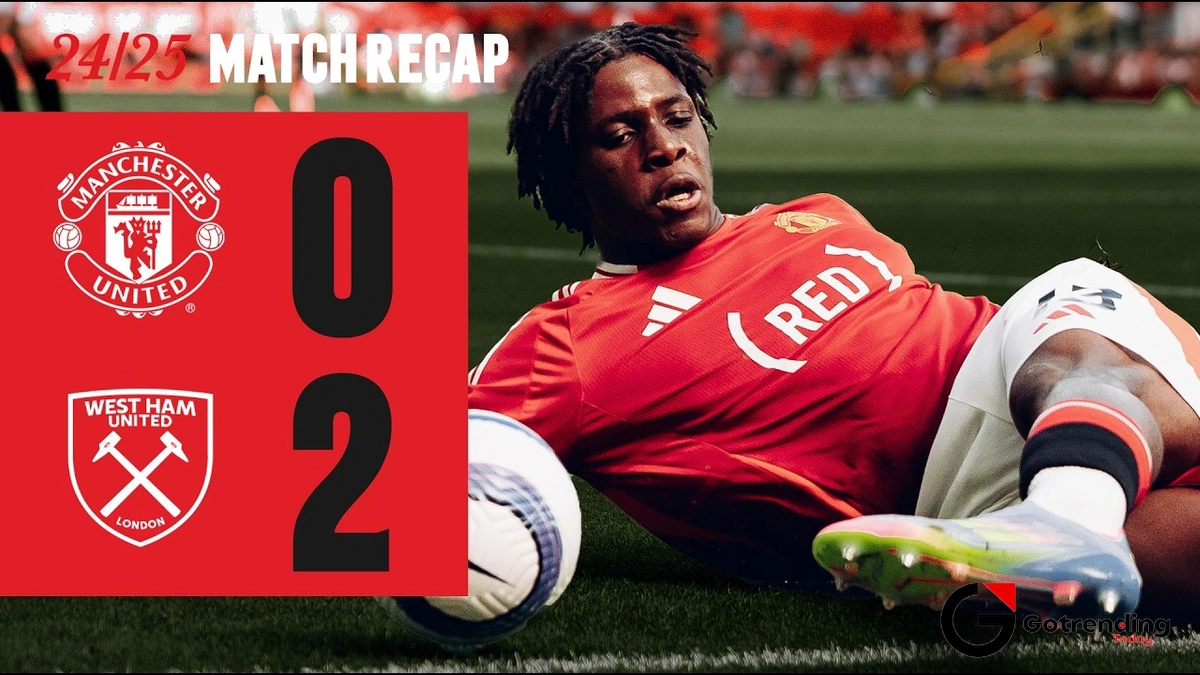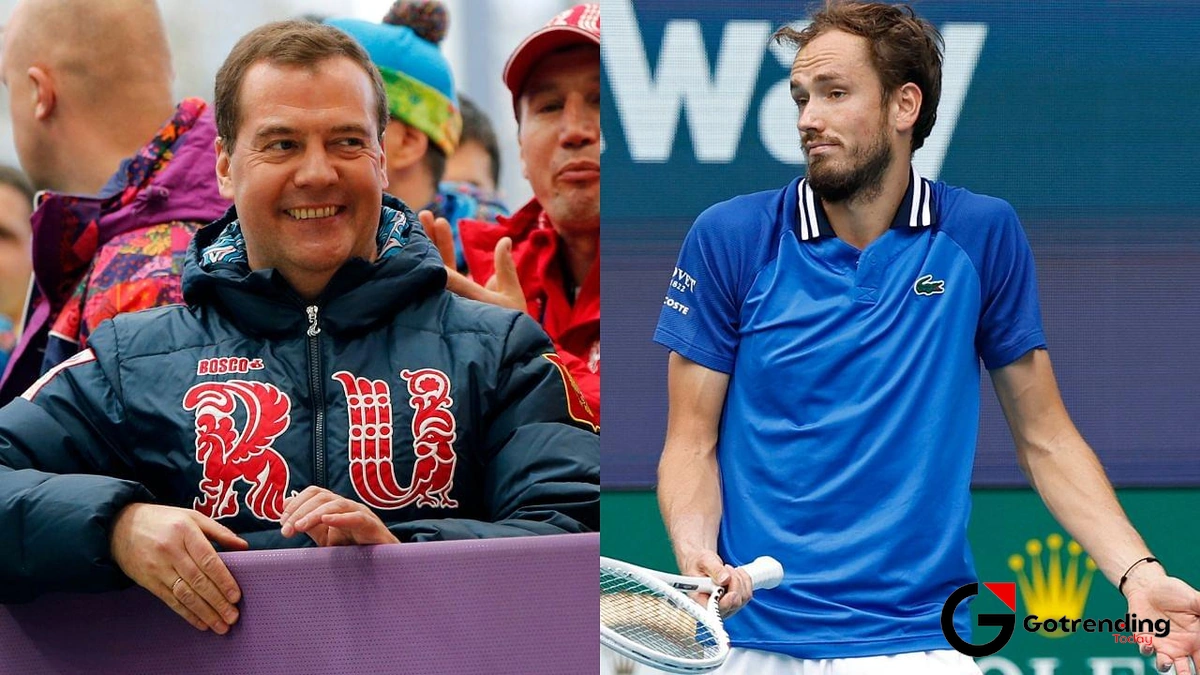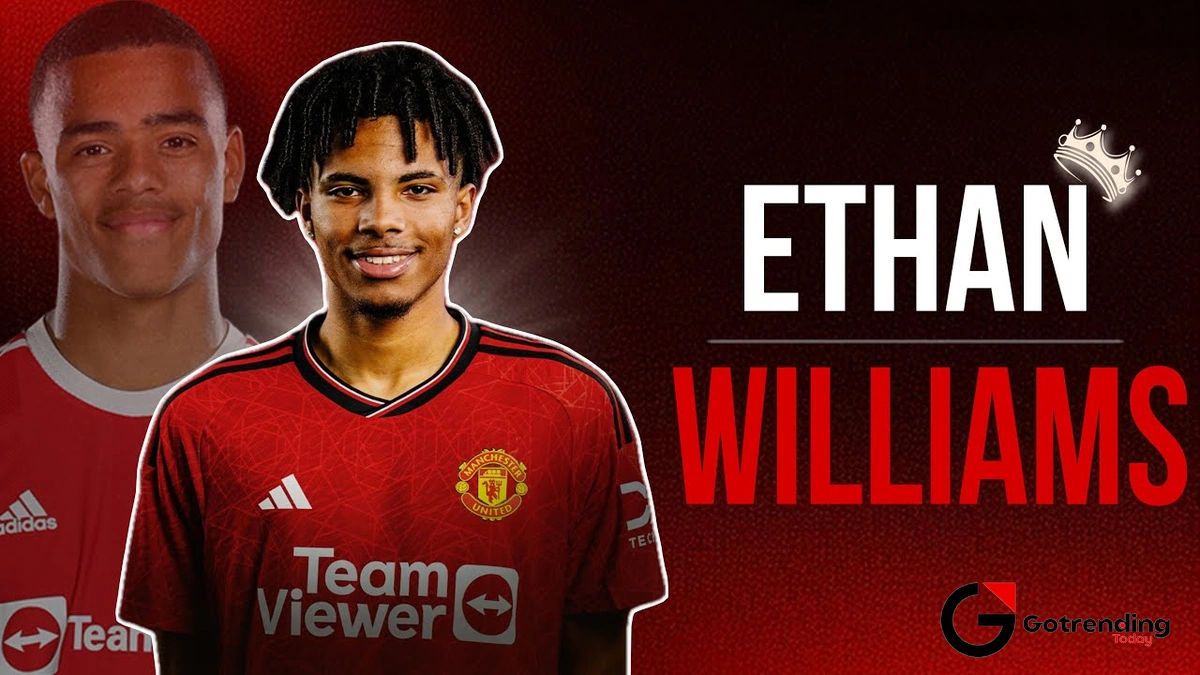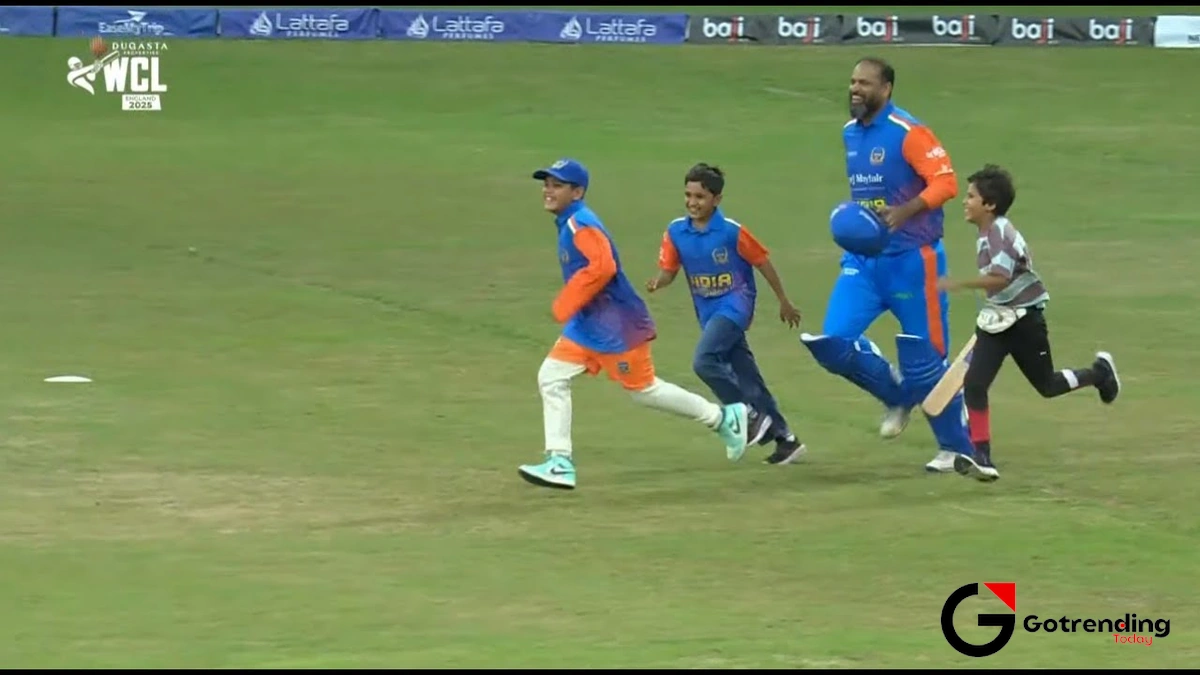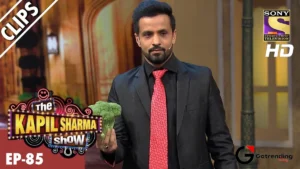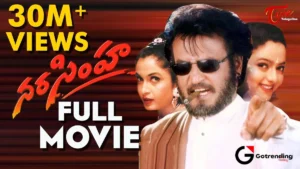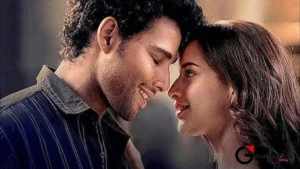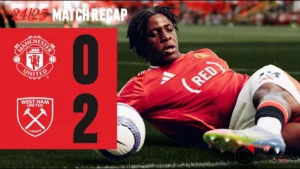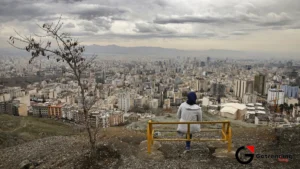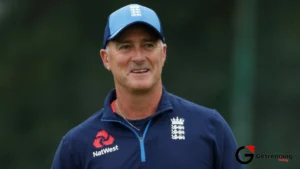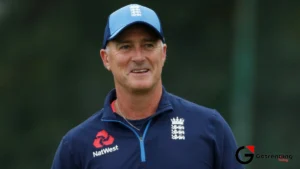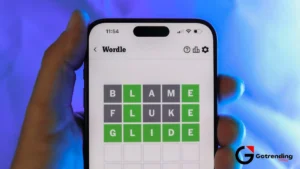It’s 1 |30 AM in Mumbai, and Manchester United is Breaking My Heart Again
There’s a strange, almost sacred ritual for football fans in India. It involves bad coffee, a phone screen glowing too brightly in a dark room, and the willingness to sacrifice sleep for ninety minutes of what can only be described as emotional roulette. And if you’re a fan of Manchester United football , you know this ritual intimately. You know the hope that bubbles up before kickoff, the familiar knot in your stomach at the first misplaced pass, and the soul-crushing silence after the final whistle signals yet another night of ‘what-ifs’.
And yet, we come back. Every single time.
Why? What is this gravitational pull? It’s more than just a game, isn’t it? It’s a thread connecting a kid in Kerala to a grandparent in Punjab, all bound by the shared memory of a different time. A time of dominance. A time of invincibility. A time of Fergie.
The Long, Cold Shadow of Sir Alex
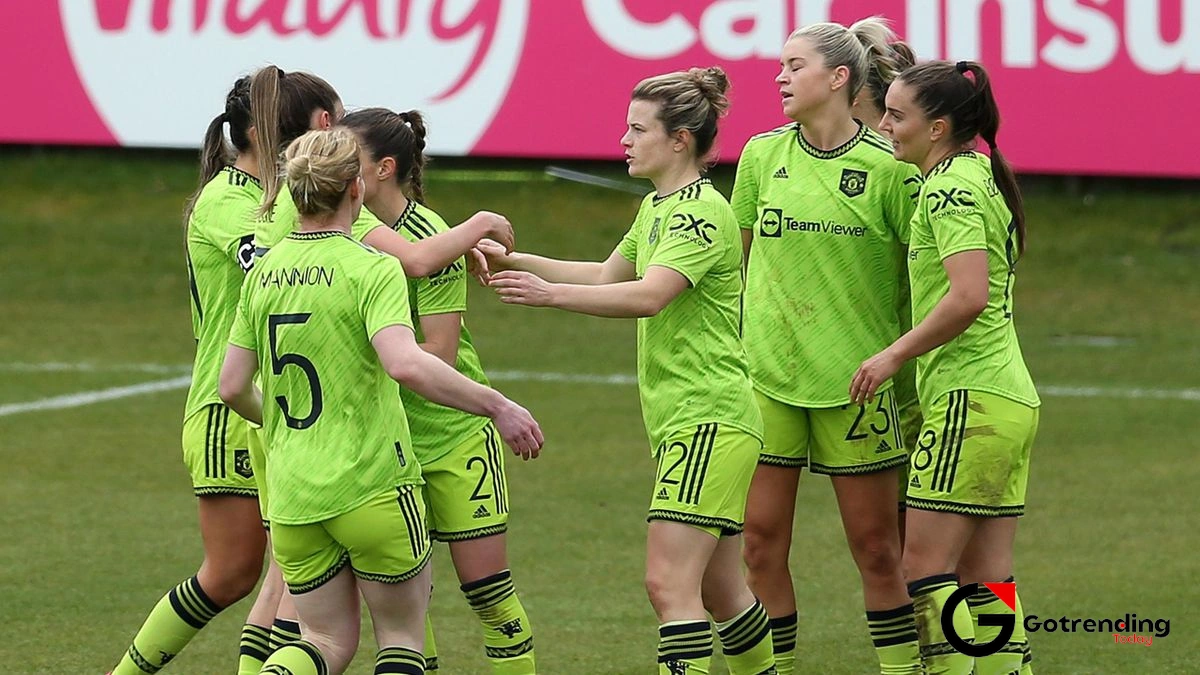
I wasn’t there for the Busby Babes. My United story, like for so many in India, started in the late 90s and 2000s. It was the era of Beckham’s crosses, Scholes’s screamers, and Keane’s terrifying, magnificent scowl. It was the era of Sir Alex Ferguson .
Here’s the thing about growing up on a dynasty: you think it’ll last forever. You assume that success is the default setting. We were spoiled. Utterly and completely. We watched the Red Devils dismantle teams with a swagger that bordered on arrogance, and we loved every second of it. That Fergie Time winner against Bayern in ‘99? It wasn’t just a goal; it was a core memory burned into the brains of millions of us, watched on grainy television sets in the middle of the night.
But that’s the problem, isn’t it? That glorious past has become a golden cage. Every manager since has been measured against a ghost. Every team is compared to legends. The weight of that history is immense, and you can see it in the players’ eyes every time they step onto the pitch at Old Trafford . It’s a pressure cooker, and for the last decade, it has felt like the lid is about to blow.
More Than a Club | A Global Brand, a Local Heartache
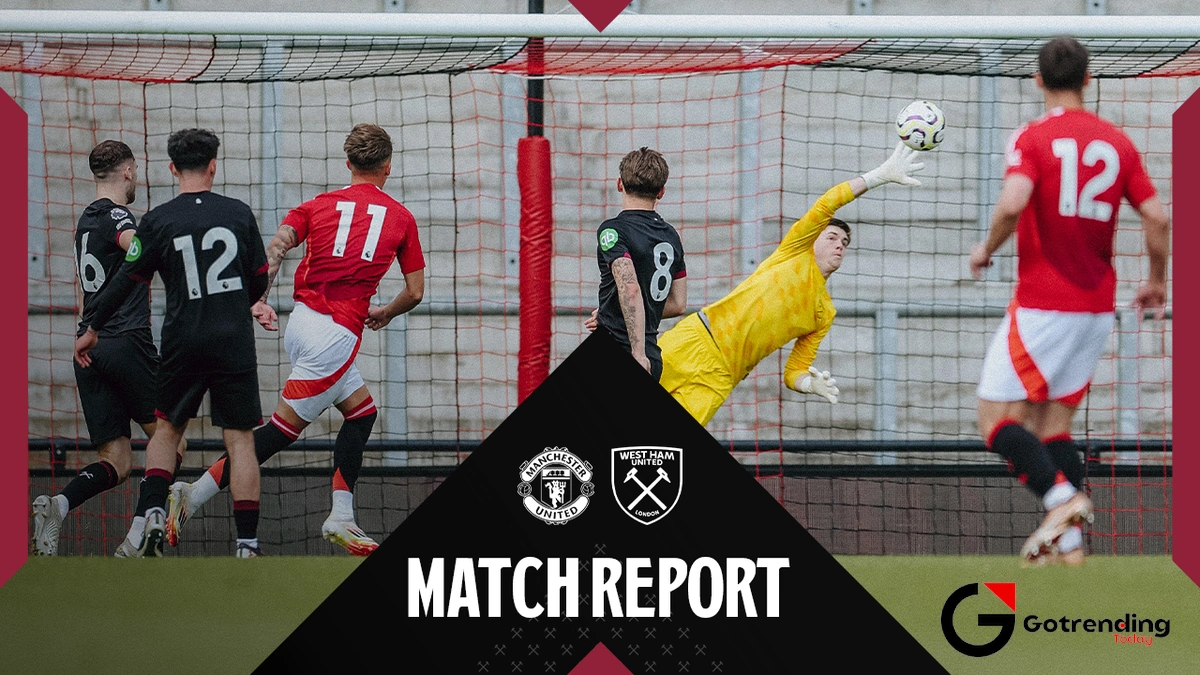
It’s easy to forget that this club, which feels so personal to us, is a global commercial behemoth. The ownership situation with the Glazers has been a source of immense frustration for fans worldwide. It often felt like the soul of the club was being traded for noodle sponsorships and quarterly earnings reports. The recent arrival of Sir Jim Ratcliffe and INEOS feels like a potential turning point, a breath of fresh air. Or at least, that’s what we’re desperately hoping. For more insight into complex market dynamics, it’s interesting to look at things like the Adani Enterprises Share Story , which shows how leadership and strategy can impact public perception.
But the day-to-day reality for a fan is much simpler. We don’t really care about the stock price. We care about the starting XI. We care about whether McTominay is going to have one of those games. We obsess over Man Utd transfers , spending hours on the internet arguing with strangers about whether a certain midfielder from the Eredivisie is the second coming of Paul Scholes or just another expensive mistake.
And this is where the current era of Manchester United football is so… fascinating. It’s a soap opera. We have moments of sheer, unadulterated genius a Garnacho bicycle kick, a Mainoo masterclass sandwiched between long periods of tactical confusion and baffling inconsistency. One week we look like we can challenge for the Premier League ; the next, we look like we’d struggle in the Championship. It’s maddening. It’s addictive.
So, Where Do We Go From Here?
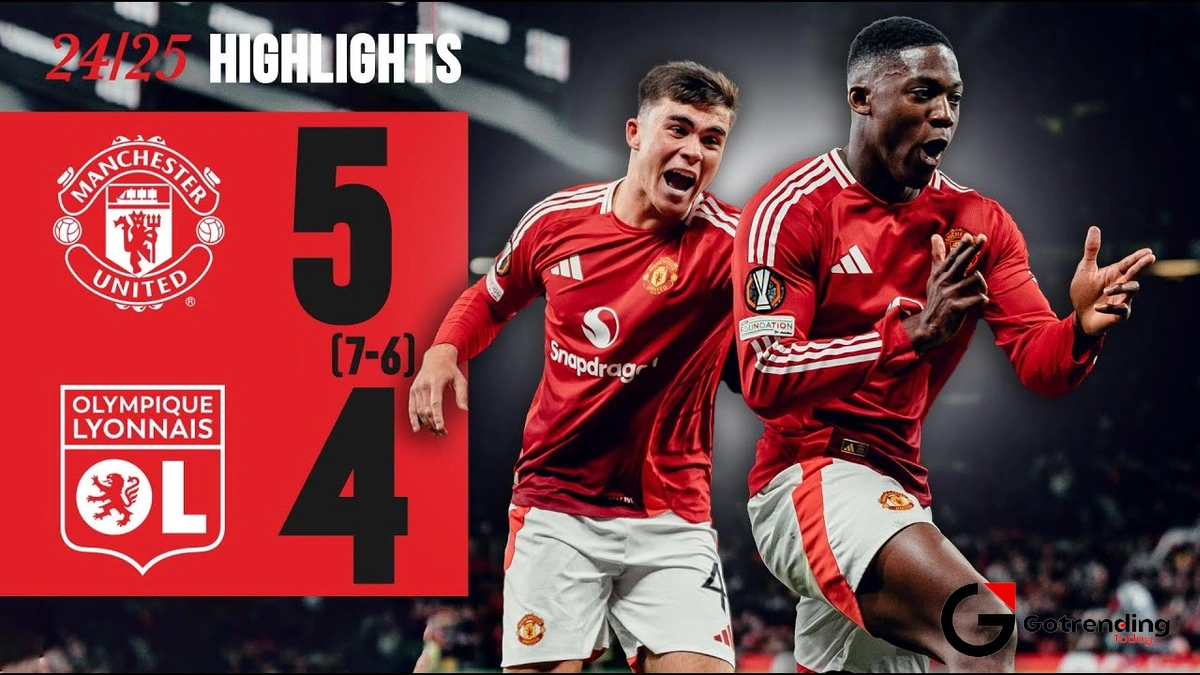
This is the million-dollar question. Under Erik ten Hag , there have been glimmers. The Carabao Cup win felt huge, a tangible piece of silver after years of drought. But there have also been baffling lows, historic defeats that make you question everything. I initially thought the problem was just about finding the right manager. Now, I’m not so sure. It feels deeper. It’s about culture, recruitment, and clearing out the deadwood that has lingered for far too long.
The hope, as always, lies with the youth. In Kobbie Mainoo and Alejandro Garnacho, we have two players who seem to get it. They play with a fire and a fearlessness that has been missing. They are the bright sparks in the gloom, the reason we’ll tune in at 1:30 AM again next weekend. It’s this constant search for the next big thing that keeps sports interesting, a bit like how people follow the rise of new talent in other fields, such as the quiet confidence of someone like Shriya Pilgaonkar in the film industry.
Being a United fan right now is an act of faith. It’s believing that the club’s true identity the one forged by Sir Matt Busby and perfected by Sir Alex is still in there somewhere, buried under a decade of mediocrity. It’s about remembering the feeling of invincibility and hoping, against all available evidence, that it will one day return. For a broader look at the league they strive to conquer, the official Premier League website is a great resource for stats and history.
It’s not logical. It’s not sensible. But since when has being a football fan ever been about logic?
FAQs for the Faithful (and the Curious)
Why is Manchester United so popular in India?
A lot of it boils down to timing. When satellite TV boomed in India in the 90s and early 2000s, Manchester United were the dominant force in the English Premier League. They were always on TV, they were winning everything, and they had global icons like David Beckham and Cristiano Ronaldo. For a whole generation of new football watchers, they became the default “big club” to support, and that passion has been passed down.
Is the post-Ferguson era really that bad?
In a word: yes. But it’s all about perspective. By the standards of most clubs, United have still been okay they’ve won the FA Cup, the League Cup, and the Europa League. The problem is, the standard isn’t “most clubs.” The standard is Sir Alex Ferguson’s trophy-laden 26 years. Compared to that, the last decade has been a dramatic and painful fall from grace, defined by instability and a lack of clear identity on the pitch.
What’s the big deal with the Glazer ownership and this new INEOS thing?
For years, many fans felt the Glazer family, the majority owners, were taking money out of the club without investing enough back into the squad or the stadium. This led to massive protests. The new deal sees Sir Jim Ratcliffe’s company, INEOS, buying a minority stake (around 25-29%) but taking full control of football operations. The hope is that this will bring in “football people” to make football decisions, a welcome change for a fan base tired of feeling like business was prioritized over winning.
Is it worth it to start supporting Manchester United now?
Look, if you’re looking for guaranteed trophies and stress-free weekends, maybe look elsewhere for now! But if you want a club with an incredible history, a massive global community, and a story that is currently in a dramatic, unpredictable chapter, then yes. Supporting Manchester United football right now is a rollercoaster. It’s frustrating, but the highs when they come feel earned and incredibly special. You’d be joining at a fascinating, transformative time.
